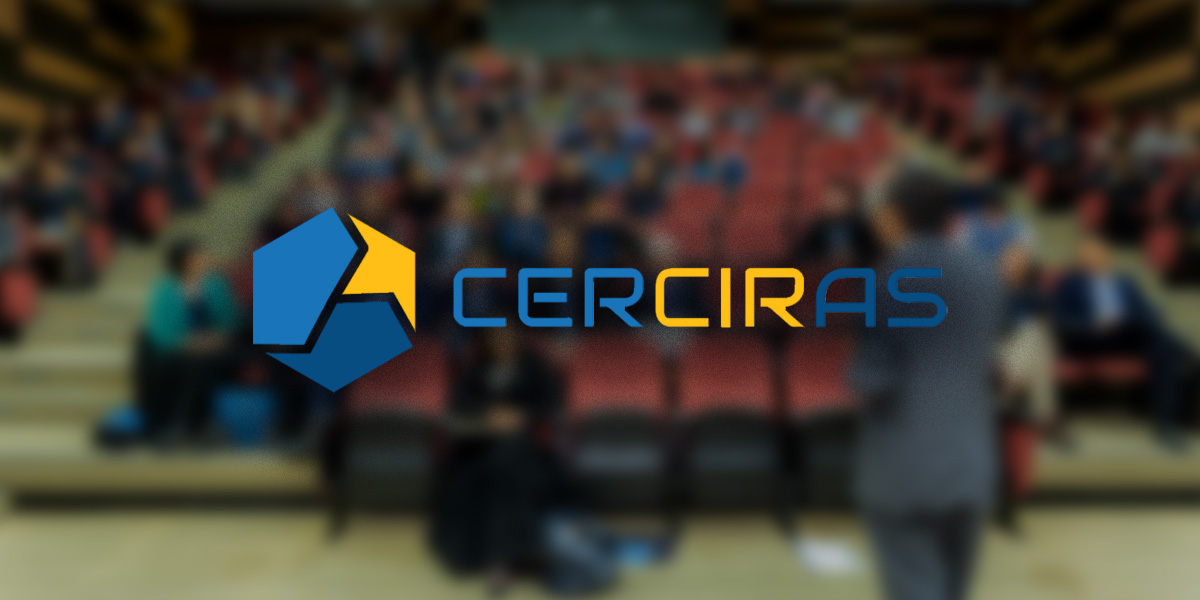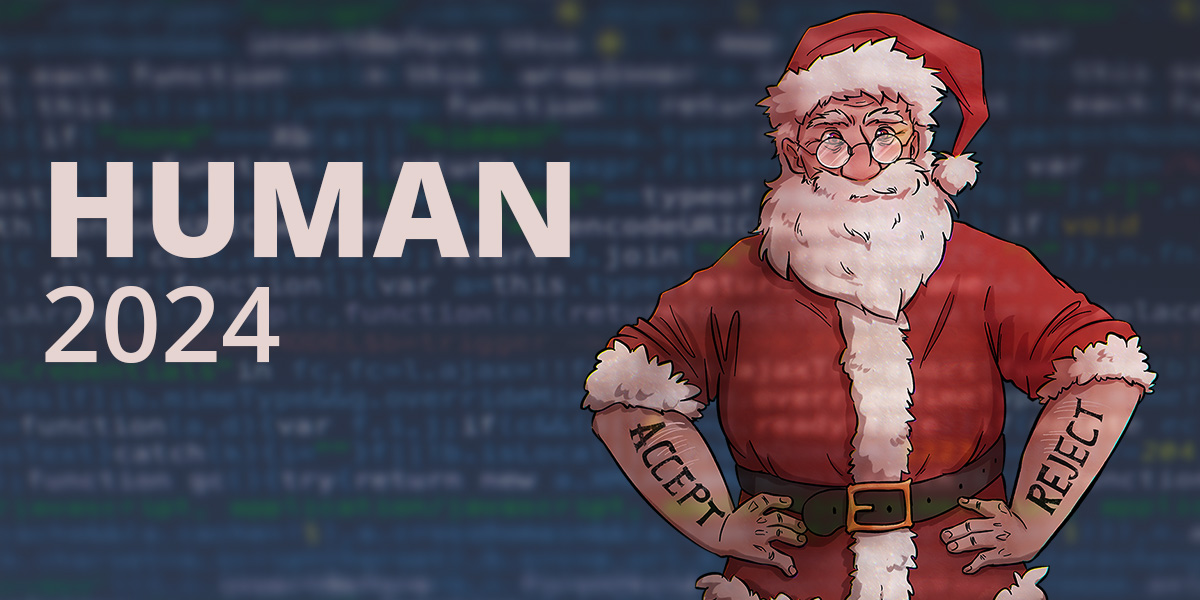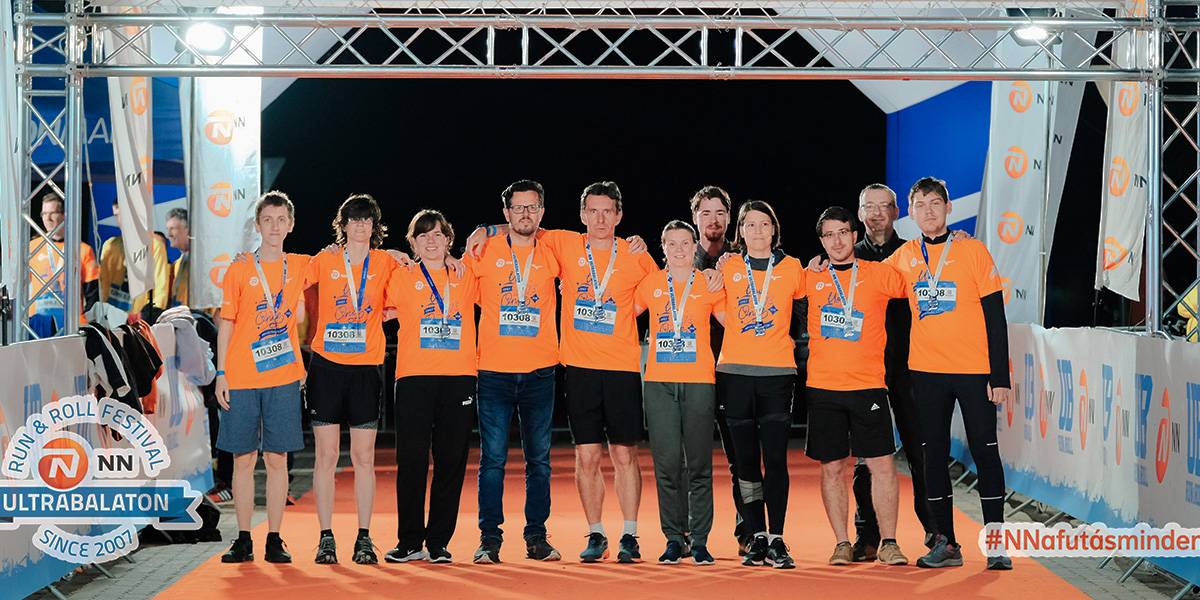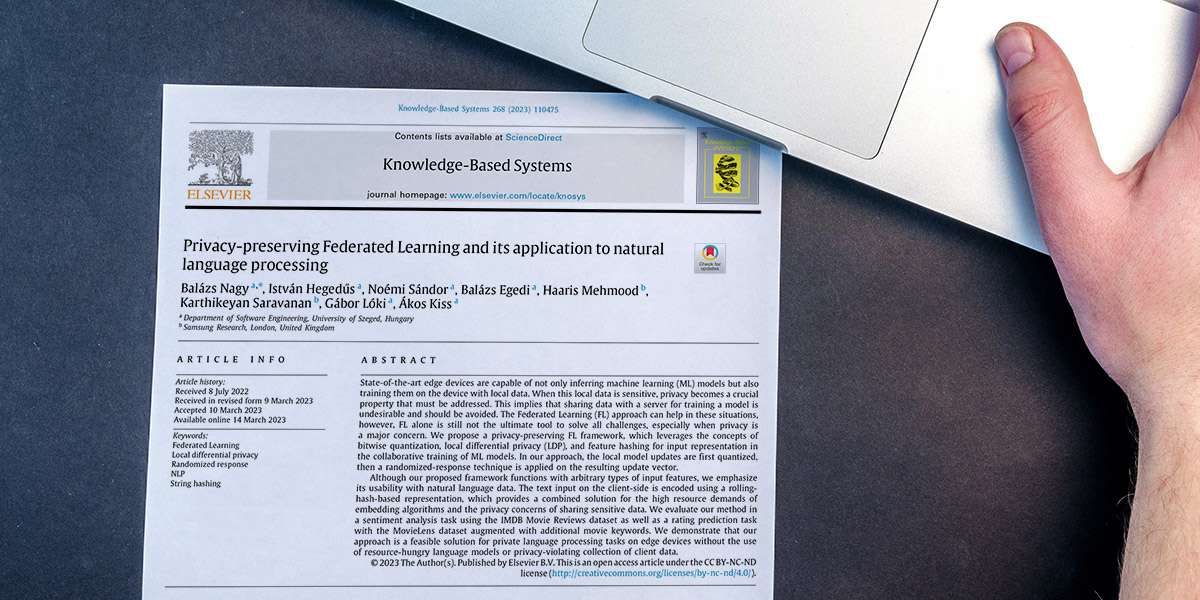Presentation held at RAW 2023
September 1, 2023

Dr. Attila Kertész (Department of Software Engineering) held a presentation at EuroPar’s RAW workshop on the 28th of August.
September 1, 2023

Dr. Attila Kertész (Department of Software Engineering) held a presentation at EuroPar’s RAW workshop on the 28th of August.
July 12, 2023

The Department of Software Engineering at the University of Szeged has officially been granted the right to hold the 2nd Workshop on Advances in Human-Centric Experiments in Software Engineering (HUMAN 2024) as part of the SANER conference in 2024.
July 10, 2023

The University of Szeged has been ranked the best Hungarian university in the latest Quacquarelli Symonds (QS) world ranking.
July 6, 2023

Dr. Attila Kertész, associate professor at the Department of Software Engineering, has been selected as a 2022 Outstanding Reviewer for the FGCS Journal. He is one of the 39 on the list who made it to the final selection.
July 4, 2023

The Optimal Management of Demand (OMD) project’s first review meeting was held successfully on the 23rd of June.
June 21, 2023

Dániel Vince, András Kicsi, Dr. Gábor Antal, Dr. Tamás Pflanzner, and Dr. András Márkus (Department of Software Engineering) received certificates of their scholarships in the National Excellence Program of Hungary.
May 26, 2023

Our team from the Department of Software Engineering undertook quite the challenge by participating in the ultramarathon around Lake Balaton in a 10-member team on the 6th-7th of May.
May 23, 2023

Dr. Árpád Beszédes, Dr. Tamás Gergely, Péter Soha, and Attila Szatmári participated in the 16th IEEE International Conference on Software Testing, Verification and Validation (ICST), a premier conference in the field of software testing research and practice, held in Dublin, Ireland between 16-20th of April.
April 4, 2023

The article titled “Privacy-preserving Federated Learning and its application to natural language processing” written by Balázs Nagy, István Hegedűs, Noémi Sándor, Balázs Egedi, Haaris Mehmood, Karthikeyan Saravanan, Gábor Lóki, and Ákos Kiss has been accepted into the prestigious journal Knowledge-Based Systems.
March 27, 2023

The European Commission’s recently funded open-access publishing platform, Open Research Europe accepts articles across the Natural Sciences, Engineering and Technology, Medical Sciences, Agricultural Sciences, Social Sciences, and Humanities stemming from Horizon 2020, Horizon Europe, and COST funding.